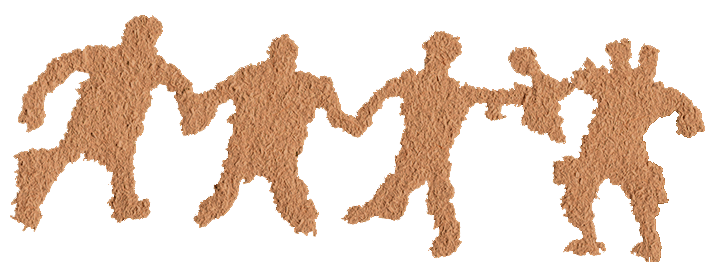| 't-asite-woleyuwal |
s/he treats h/ well in return |
| etutuwalket |
(conjunct forms only) s/he does very well |
| kinuwalke |
s/he makes good effort, does well (even if s/he doesn't win) |
| mewi, mewi-te |
(after being sick) better, well, fine |
| miyawitahamal |
s/he thinks well of h/ |
| miyawitahatomon |
s/he thinks well of it |
| nonaqot |
it is known, is recognized; it is well known |
| nonaqsu |
s/he is known, is recognized; s/he is well known |
| 'pehki-nonomon |
s/he knows it well, knows it inside-out |
| 'pehki-nonuwal |
s/he knows h/ well, knows h/ inside-out |
| sipitahasu |
s/he remembers things well from long ago |
| 'sipitahatomon |
s/he remembers it well from long ago |
| ulapekhomuwan |
s/he ties it up well for h/, ties well something belonging to h/ |
| ulapenkuwal |
s/he pays h/ well |
| ulapetomon |
s/he makes good use of it |
| ulaqsuhutun |
s/he aims it well |
| uleyutomon |
s/he treats it well |
| uleyuwal |
s/he treats h/ well, pleases h/ |
| uli-katun |
s/he hides it well |
| uli-katuwan |
s/he hides well something belonging to h/ |
| uli-kcicihtun |
s/he knows it well |
| uli-kisiwihtomon |
s/he can say it well, can pronounce it well |
| uli-kissomon |
s/he cut it well, can cut it well |
| uli-nonomon |
s/he knows it well |
| ulintuwatomon |
s/he sings it well |
